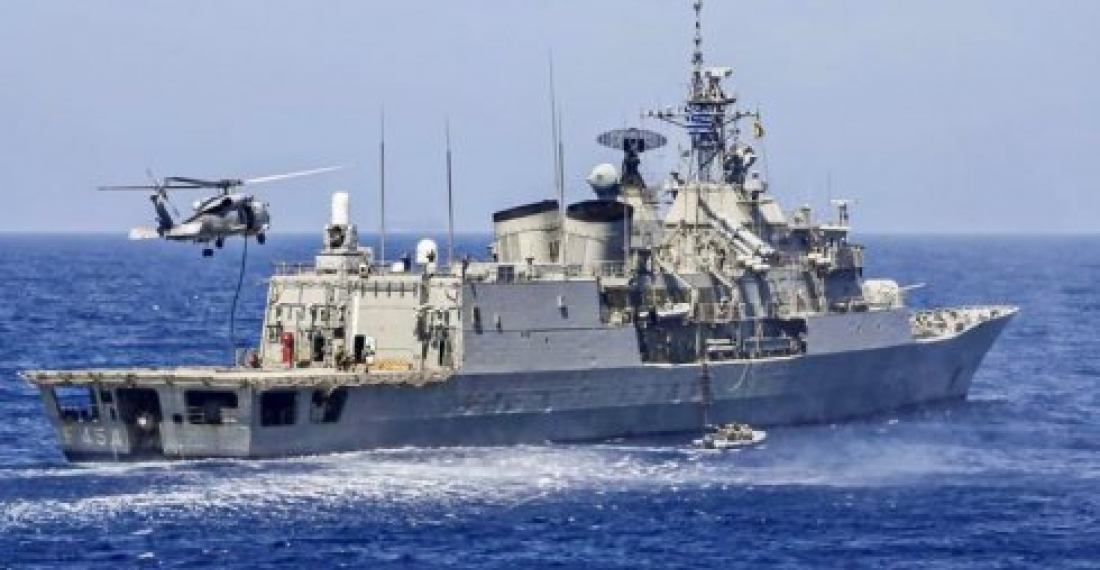EU foreign ministers are expected to meet on Monday (21 September) to discuss a number of hot foreign policy issues, ahead of a summit of the leaders of the 27 member states later in the week. Unexpectedly however, the ministers find that their most urgent issue is to untangle discussion of problems in Belarus from those in the Eastern Mediterranean.
Three weeks ago, EU sanctions against Belarus were announced in response to suspected electoral fraud and human rights violations. However, the Cypriot Government is threatening to block the EU-sanctions against Belarusian officials, using the veto all member states have on foreign policy issues, due to the Union's refusal to take similar measures against Turkey in the light of the long-running dispute over maritime rights in the Eastern Mediterranean.
Cyprus has requested support in recent months for EU sanctions against Turkey, following the sending of warships and drilling and research vessels to the eastern Mediterranean and the island's exclusive economic zone (EEZ).
European Union leaders have in recent weeks been calling for decisions on foreign policy to be taken by qualified voting instead of consensus and warn that failure to act on Belarus will seriously undermine the EU's credibility as a foreign policy actor.
source: commonspace.eu
photo: A Greek frigate and a helicopter perform military exercises in the eastern Mediterranean Sea in August (Picture courtesy of the Greek Defence Ministry)






